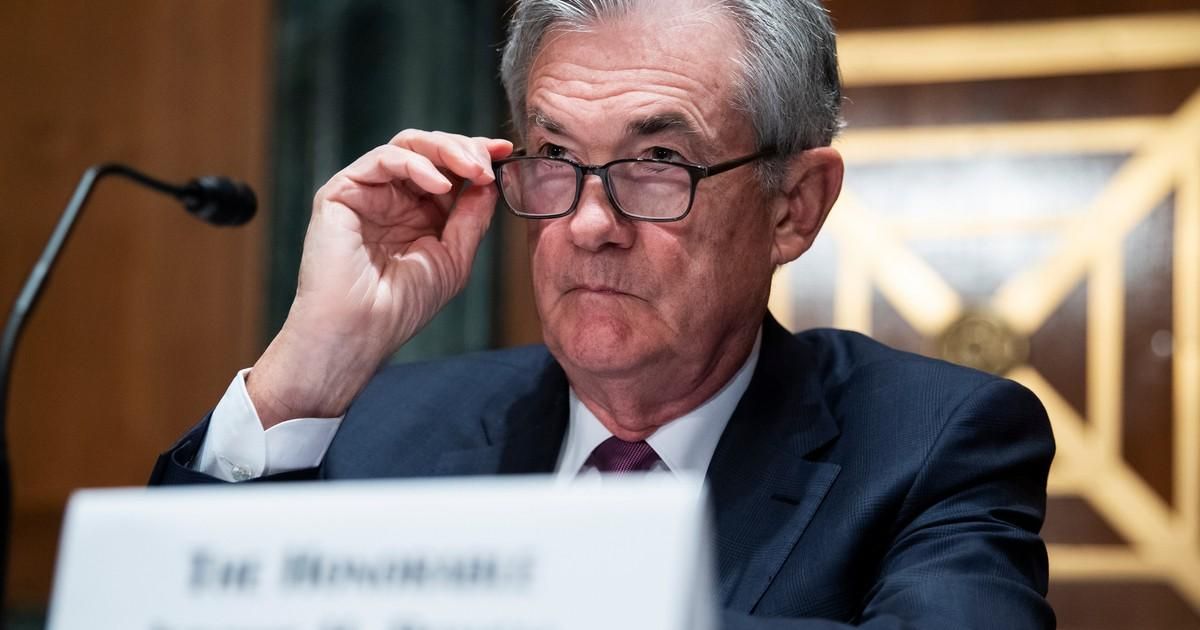
Yesterday's data showing negative gross domestic product (GDP) growth for the second consecutive quarter has sparked a debate about whether the U.S. economy is in recession. Below are some quick thoughts interpreting the numbers, and some larger questions about recession and inflation.
- We're very likely not in recession currently, even though we've had two straight quarters of negative GDP growth. The "two straight quarters" criterion for a recession is a rough rule of thumb. The more generally accepted arbiter of business cycles in the U.S. is the National Bureau of Economic Research Business Cycle Dating Committee, which weighs changes in many economic variables to determine the start and end dates of recessions. The most notable statistics arguing against the view that we're in recession currently are unemployment and employment growth. Both remain quite strong.
- The negative growth in the first quarter of 2022 was mostly driven by statistical quirks that hid some real strength in the economy. Specifically, exports were quite weak and imports quite strong, but both of these measures can be pretty volatile. Net exports in the second quarter, for example, were positive and added to growth. But, if I had to choose one measure of the strength of the domestic economy that stripped out volatile measures that could be introducing noise in our assessment, I'd choose domestic demand growth (known officially as final sales to domestic purchasers)—this is a measure of spending by U.S.-based households, businesses, and governments that strips out volatile changes in firms' inventories. In the first quarter, this domestic demand growth was acceptably strong, rising at a 2.0% rate.
- Conversely, fundamental growth in the second quarter was weak. Domestic demand growth actually shrank in the quarter. On top of that fundamental weakness, a statistical quirk—a huge decline in the contribution to GDP made by changes in firms' inventories—also weighed unusually on growth.
- In short, the negative growth in the first quarter of 2022 looked much worse than it was. This is far less true for the negative growth in the second quarter.
- The weakness in yesterday's report has the fingerprints of Federal Reserve interest rate increases on it. Before this week, the Fed had sharply raised interest rates (by 0.75%—its largest single rate increase since 1994) in its last meeting. Interest rate hikes tend to weigh heavily on business investment and residential building. These were key indicators of weakness in the second quarter report. Business spending on structures and equipment contracted, and residential investment fell at its fastest rate since the pandemic recession in the second quarter of 2020. If you ignore that quarter, residential investment fell at its fastest pace since 2010—on the heels of the Great Recession.
- On Wednesday, the Fed again pushed rates up sharply by another 0.75%, a very large rate hike that will layer on top of yesterday's GDP weakness. The Fed may already have overshot and secured a recession in the coming months. But either way, they should slow the pace of rate increases substantially in coming months and be ready to go into neutral or even cut rates if weakness persists.
- Yesterday's report showed a significant slowdown in the most relevant price index the Fed should be watching. Core prices (stripping out food and energy) rose by just 4.4% at an annualized rate, the slowest pace since the first quarter of 2021.
A recession in the coming months would be exceptionally troubling. It would largely result from a policy mistake of too-rapid interest rate tightening by the Fed—one that could have been avoided. If a recession hits when inflation remains high—mostly driven by global developments in energy and food markets—the Fed might feel pressure to not cut rates in order to bleed remaining inflation out of the economy. This would be extremely damaging and threaten to prolong the recession.
Finally, if the wrong narrative—that today's inflation was driven by too-generous fiscal relief—takes hold, it could make it even harder for Congress to undertake necessary recovery measures. In short, the inflationary episode we're in could induce political hesitancy to address a future recession, and that could end up being inflation's greatest cost to U.S. households.
This content originally appeared on Common Dreams - Breaking News & Views for the Progressive Community and was authored by Josh Bivens.